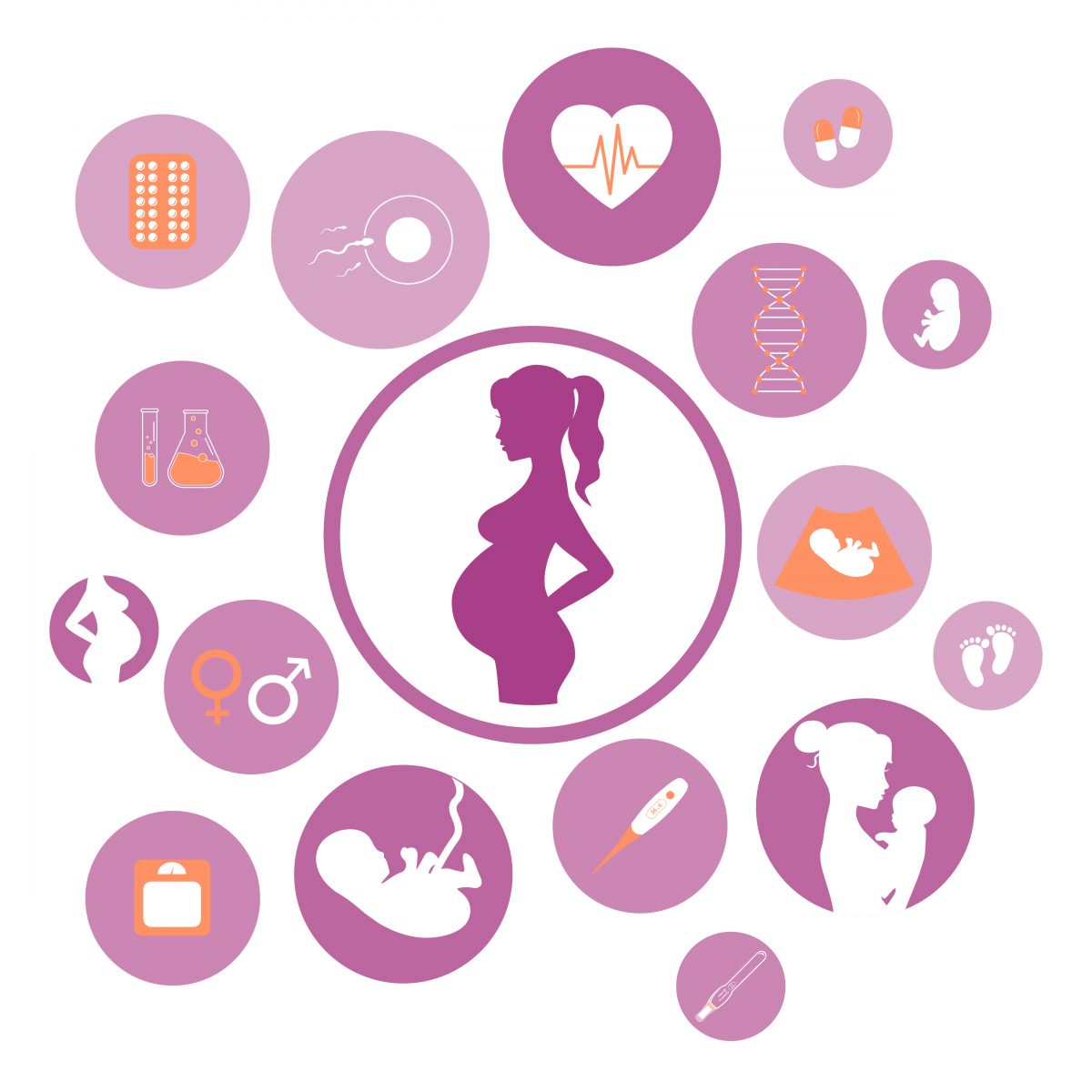No Unusual Pregnancy Risk Seen for Lupus Patients in Remission from Kidney Disease, Study Says

Lupus patients with a history of kidney disease, but now in remission, should not be advised against a wanted pregnancy — even if they show serologic activity, or positive anti-double-stranded DNA antibodies and low complement levels (C4), results from the PROMISSE trial show.
Women in the study based on these findings, “Kidney Outcomes and Risk Factors for Nephritis (Flare/ DeNovo ) in a Multiethnic Cohort of Pregnant Patients with Lupus,” were also more than 50 percent ethnic minorities of the U.S., Canada and the U.K. It was published in the journal Clinical Journal of the American Society of Nephrology.
Thrombosis and pregnancy loss are frequent problems in patients with systemic lupus erythematosus (SLE), particularly in the presence of antiphospholipid (aPL) antibodies. The mechanisms by which aPL antibodies lead to vascular complications and raise a woman’s risk of losing a fetus are mostly unknown. But studies in a mouse model of antiphospholipid antibody syndrome (APS) showed that activation of the complement system — a part of the immune system that protects from disease — seems to play an essential role in fetal loss caused by aPL antibodies.
Based on findings in several studies, patients with active nephritis or in post-treatment remission for less than six months are advised to delay conception due to pregnancy risks like preterm birth and preeclampsia. The presence of serologic activity, i.e., anti-double-stranded DNA antibodies and low complement levels, is used to support arguments against conception, since such activity is a frequently predictor of renal flare in non-pregnant patients.
The PROMISSE (NCT00198068) trial is an observational study involving 683 pregnant SLE patients, including those with SLE and aPLs, enrolled at nine major clinical centers. PROMISSE is taken from the study’s title, “Predictors of Pregnancy Outcome in Systemic Lupus Erythematosus (SLE) and Antiphospholipid Syndrome (APS).”
The published study was restricted to 373 patients, ages 18–45, pregnant with a single fetus confirmed by ultrasound, and hematocrit (red blood-cell count) higher than 26%. The women, by ethnicity and race, were 48% white, 20% black, 17% Hispanic, 11% Asian, and 5% other.
The study’s main objective was to identify mechanisms that might trigger adverse outcomes in a pregnancy, particularly in lupus patients. It aimed to translate earlier observations on the possible role of complement activation in the pathogenesis of an aPL antibody-mediated failed pregnancy to a clinically relevant study in women.
The team found that renal flares occurred in 7.9% of patients with previous kidney disease in complete remission, and in 20.7% of these patients in partial remission. Higher risk of developing active nephritis (kidney inflammation) was independently associated with previous kidney disease and low C4 (a protein of the complement system) at baseline or study start.
Importantly, new episodes of kidney disease during pregnancy were rarely observed in patients with no previous kidney disease, affecting less than 2%. Among patients in remission with past kidney disease, 11% experienced a renal flare, leading researchers to conclude that “De novo kidney involvement in SLE, even in ethnic/racial minorities, is uncommon during pregnancy.” They also found that antibodies levels against double-stranded DNA alone should not raise concerns regarding pregnancy outcomes.
“Data from this large multicenter, multiethnic prospective study should reassure physicians counseling patients with lupus with a history of kidney involvement,” the researchers wrote. “Antibodies to dsDNA [double-stranded DNA] alone should not raise concern, even in patients with past kidney disease, if in remission.”
The authors, however, highlight several limitations to the study, such as the inability to detect differences between patients with past kidney disease in partial remission and those in complete remission.





